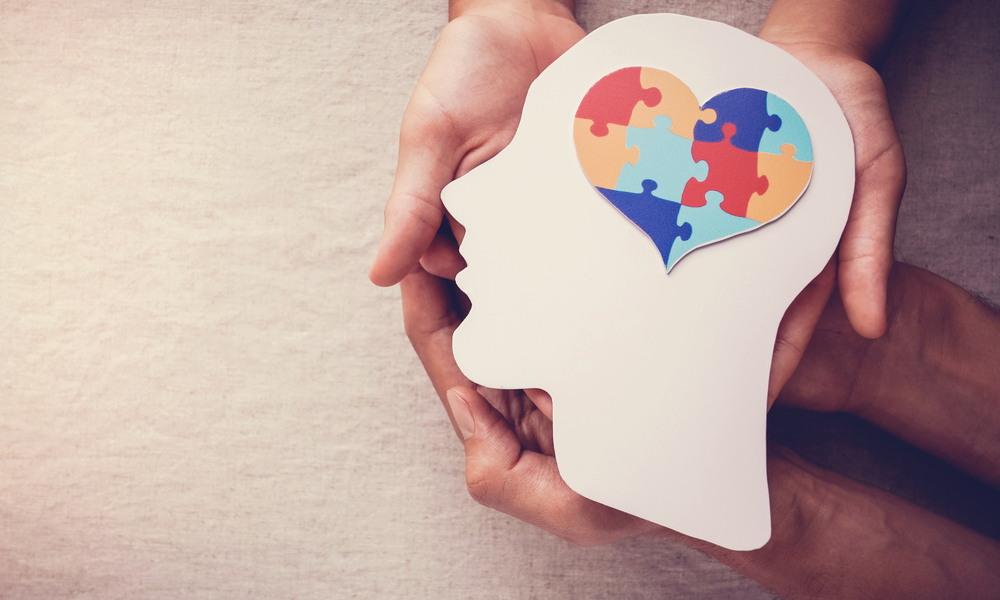
Mental Health Organizations Join Forces to Battle Pandemic Crisis
Saying stresses related to the pandemic are causing a mental health crisis among Americans, 14 mental health organizations have teamed up to use a single voice to advocate for relief and to spur systemic change.
Mental health professionals say that the U.S. is cracking under the pressure of worrying about COVID-19, an economic slowdown, and nearly a year of virus-induced isolation and disruption. The unprecedented level of need for mental health services has brought 14 mental health organizations together to try to help stanch the crisis.
“We came together out of the impact that we were seeing coming from the pandemic,” said Arthur C. Evans Jr., Ph.D., CEO and executive vice president of the American Psychological Association (APA). “We saw this was going to result in a significant demand on an already overstretched mental health system. We needed to make it clear that this was an issue for the nation and also talk about some solutions.”
The coalition released a framework—A Unified Vision for Transforming Mental Health and Substance Abuse Care—to offer state and federal legislators solutions aimed at fixing the mental health system. In addition to APA, participants in the joint effort include, among others, the American Psychiatric Association, Meadows Mental Health Policy Institute, Mental Health America, the National Association for Behavioral Healthcare, and the National Alliance on Mental Illness.
While there isn’t a set timeline for changes the report proposes, the groups have some “milestone” goals. “The first is to make sure mental health services and funding are included in the [federal] stimulus packages that are coming out to address the pandemic,” Evans said. “Number two, we want to make sure we shore up the mental health system. We didn’t have adequate resources to begin with. The pandemic has strained that.”
Also high on the list of the coalitions’ goals is to get early intervention for mental health problems. “We can’t wait for everyone to develop a diagnosable mental health issue,” Evans said. “We should be doing everything to help people reduce stress levels and get early intervention, so we don’t have a lot of people coming into the mental health system.”
Evans noted that any one of the current crises—economic decline, toxic political environment, virus spread and closures—would have created a problem.
“If you take all of those things together, people are facing a lot of stress, and we know that stress is going to result in more mental health problems,” he said. “We are rightly focusing on the spread of the virus and vaccines, but at the end of the day, many more people are directly affected by the mental health aspect of the pandemic than even the virus.”
The organizations thought it was important to unify so they could send a clear, unambiguous message to policymakers.
“Speaking with one voice on this issue is really important because I don’t think we’ve faced any challenge that has been this great in terms of the mental health impact,” Evans said. “It dilutes a message when we have different people talking about the issue in different ways or emphasizing different things. The fact that we are speaking with one voice, we believe, will amplify our voice.”
The coalition also hope to leverage its members by joining together. “Collectively, each of us has our own network and our own sphere of influence,” Evans said. “All of our members and our constituents can speak with one voice when talking to policy makers and legislators.”
(foto/iStock/Getty Images Plus)






Comments